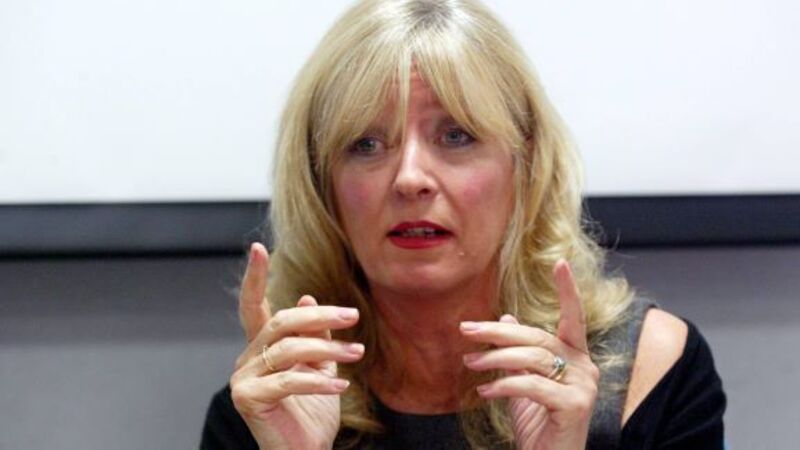O’Reilly lashes exclusion of prisons

Ms O’Reilly said the omission of such important areas of the Department of Justice was an “anomalous situation” that was virtually unique among ombudsmen internationally.
In her last official speech before she takes up the role of EU ombudsman on Monday, Ms O’Reilly told the Oireachtas committee on public service oversight and petitions that Justice Minister Alan Shatter had introduced a mechanism for dealing with complaints relating to prisons last November.













